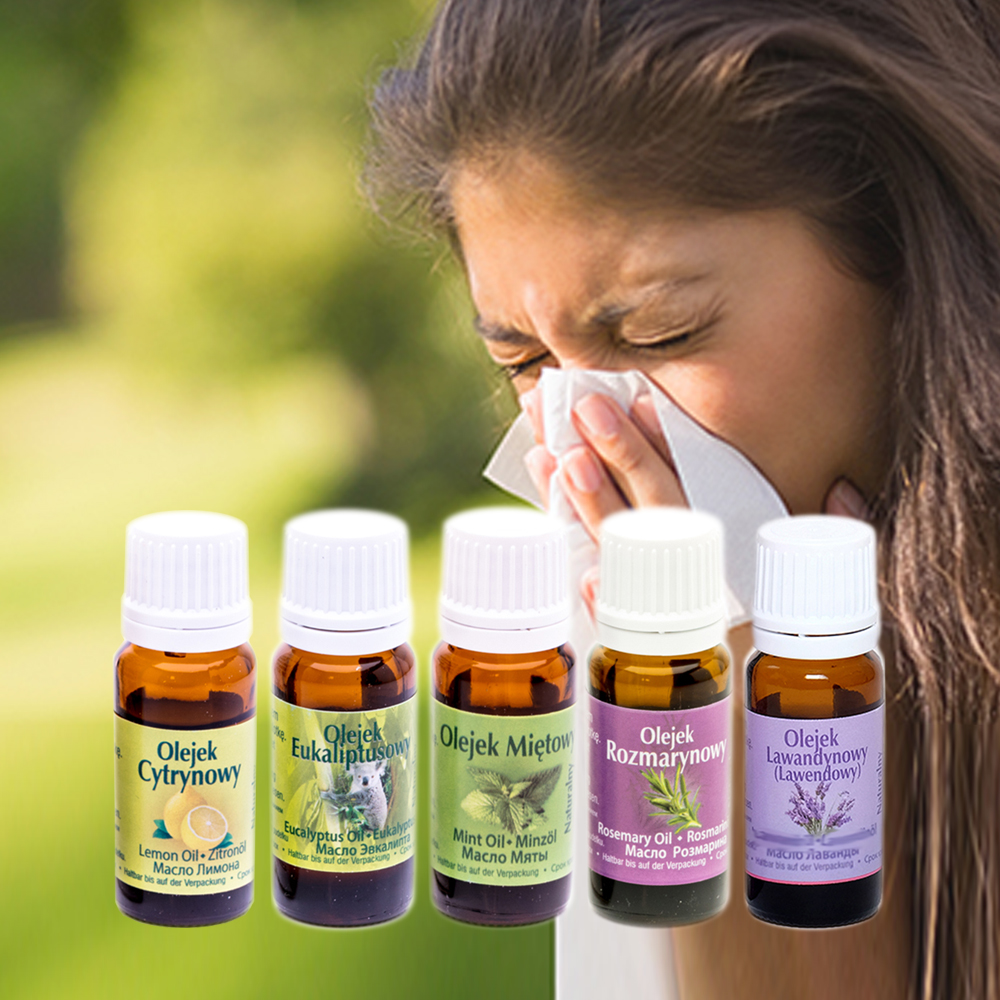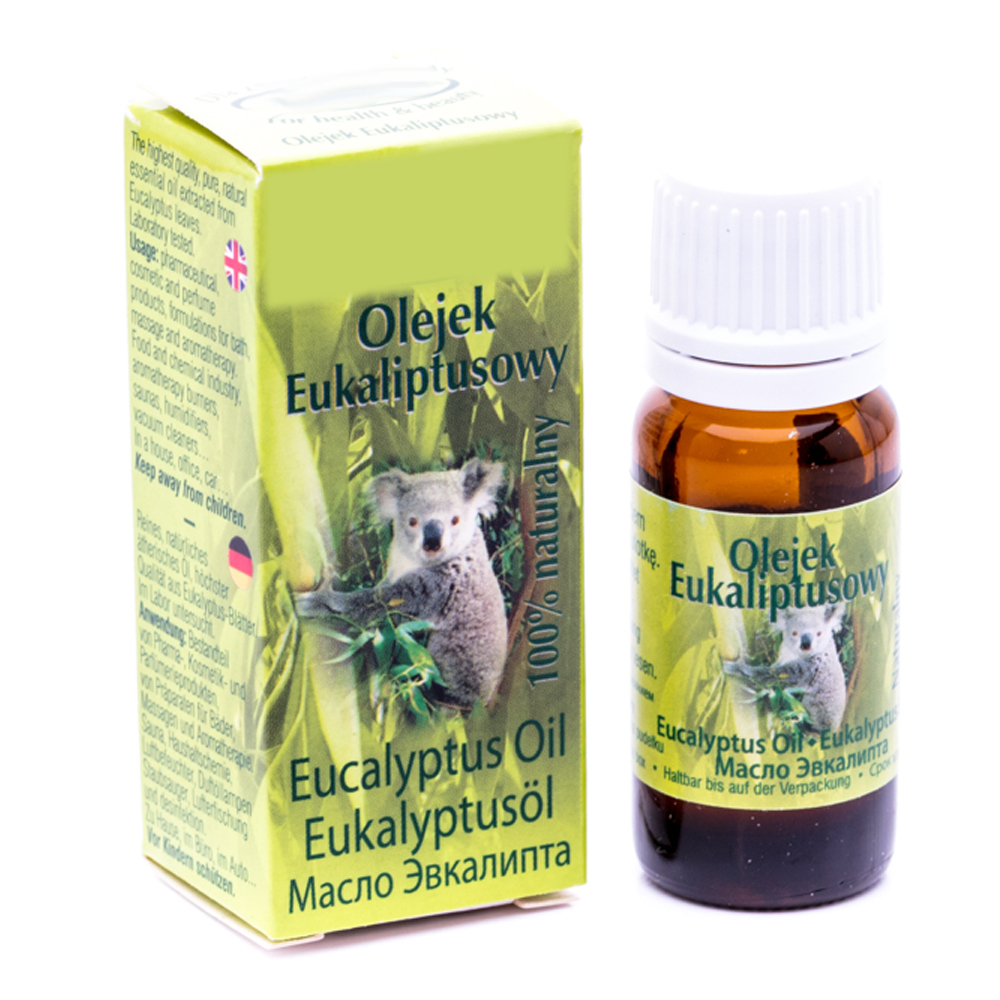Essential Oils As A Natural Remedy For Hay Fever
Do you feel itchy and sneeze a lot in Spring and Summer time? Does your nose run like water? It may be hay fever, also known as seasonal allergic rhinitis. Hay fever is becoming an increasingly common ailment of people living in industrialised countries. It can make our daily life really difficult, affecting our mood, self-confidence, work efficiency, even social relationships.
What causes hay fever?
The normally harmless pollen (from trees, grass or weeds) dust particles or mold spores can cause our immune system to mistakenly identify it as a dangerous intruder. The body produces antibodies and releases a natural substance called histamine, which is present in all cells throughout the body. The overproduction of histamine is causing an allergic reaction.
What are the symptoms of hay fever?
The most common symptom of hay fever is runny nose, which we get when we go outdoors. This is often accompanied by sneezing, even multiple times in a row, itchy nose, dry cough, congestion and sinus pressure – which in turn may cause headaches. Some people also get itchy and watering eyes, which become bloodshot due to rubbing. Swollen eyelids are another symptom of hay fever and can persist for many days.
Can anyone get hay fever?
You are more likely to develop hay fever if you have a family history of allergies, particularly asthma or eczema. Hay fever usually begins in childhood or during teenage years. However, more and more adults who have never had allergies as children, now experience an occasional attack of hay fever. This is due to the pollution of the environment we live in. Our immune system gets weakened by fumes and harmful chemical substances in food, water and air.
How to get rid of hay fever?
-
Stay indoors when the pollen count is high – the best time for a stroll is in the evening, as the level of pollen drops down, or after the rain
-
Keep windows and doors shut – ventilate at night time, but only until the break of dawn, as with the first rays of Sun, the plants start to release pollen intensively
-
Shower and change your clothes after you’ve been outside to wash pollen off
-
When going outside dab vaseline around nostrils to trap pollen
-
Wear glasses or sunglasses when outdoors to keep pollen out of your eyes
-
Vacuum regularly and dust with a damp cloth
-
Use 100% pure essential oils
Can essential oils be used to treat hay fever?
Essential oils may be used as an alternative or complementary treatment for hay fever. Essential oils are derived from plants and can be used in a variety of ways:
-
In an aroma / mist diffuser
-
In an oil burner (candle accessories section)
-
In a bath
-
Apply them to skin when diluted
-
Spraying into the air
-
Breathing them in directly from the container
Which essential oils can help with hay fever?
Use 100% pure essential oils from Eucalyptus, Lemon, Lavender, Rosemary and Tea Tree (Hay Fever Essential Oil Value Pack). Use essential oils pure or try combining three of the above oils to help alleviate hay fever symptoms.
|
|
Eucalyptus Essential Oil: This essential oil is great for reducing inflammation and easing breathing, which makes it a great treatment for any respiratory ailments. The cooling sensation you experience while breathing it in is particularly beneficial for hay fever sufferers. |
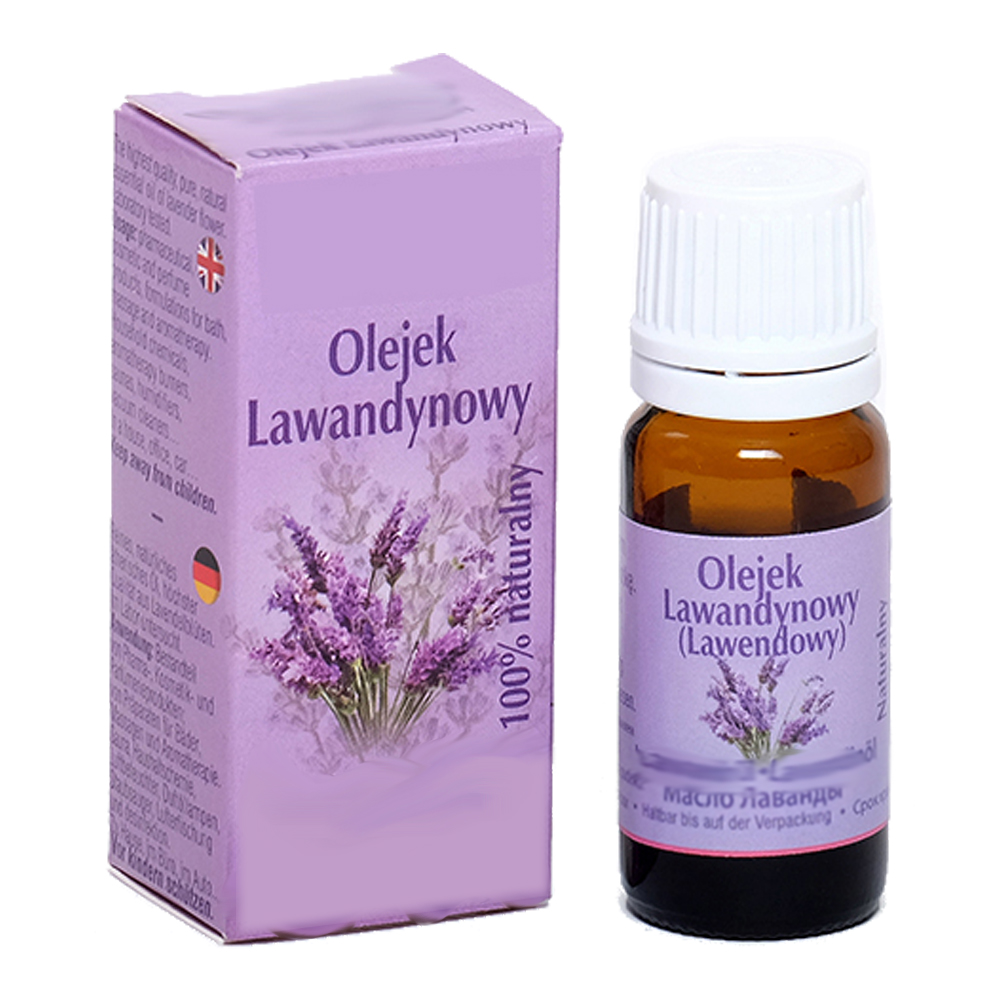 |
Lavender Essential Oil: A natural antihistamine, Lavender Oil can help strengthen your body against allergens, as well as reducing many of the painful symptoms. Lavender oil is soothing and can reduce irritation as well as relax breathing. Lavender can also be used to help treat rashes and hives that can appear from skin allergies. |
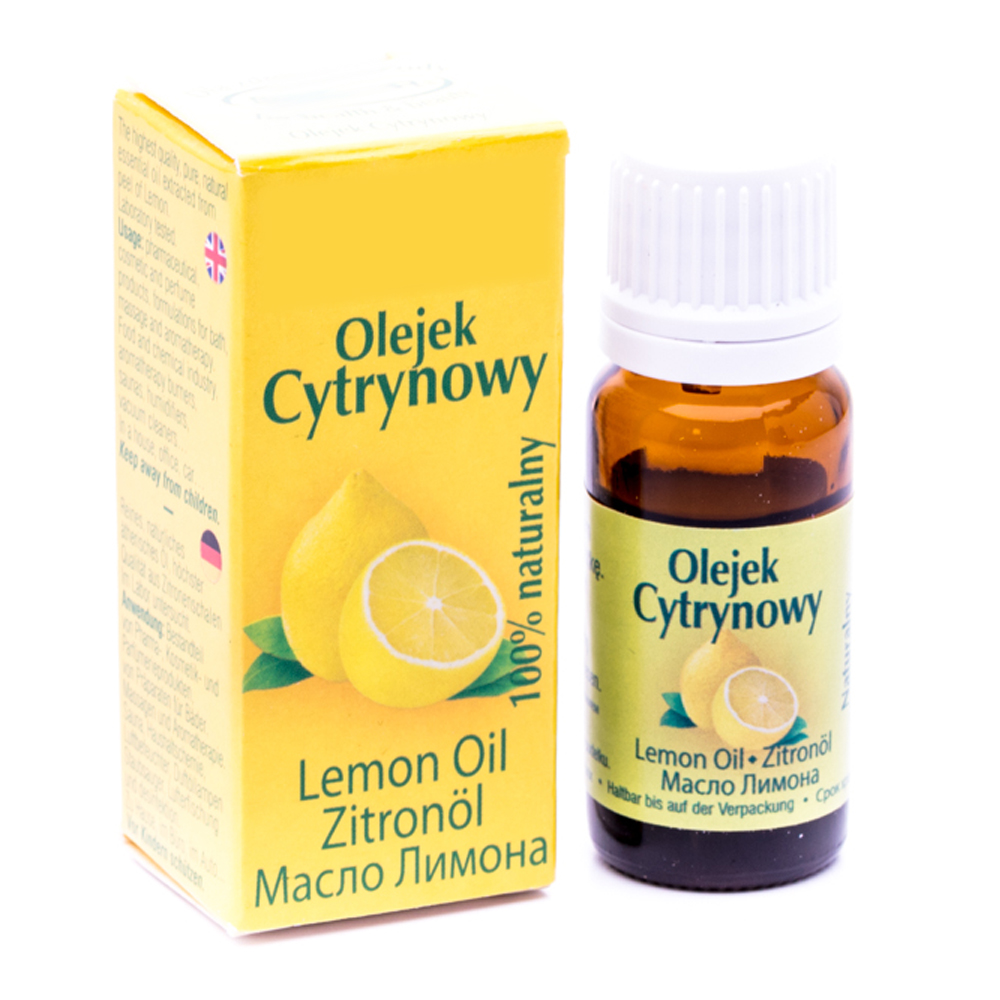 |
Lemon Essential Oil: This oil is anti-inflammatory and anti-bacterial, it can help detox your body and reduce congestion and clear sinuses. This essential oil in particular is great to treat hay fever by using it around the house to eliminate pollen traces in the air. Spray on surfaces and carpets or diffuse in an aroma diffuser to have the room filled with Lemon Oil’s anti-bacterial properties as well as enjoying its lovely clean and fresh scent! |
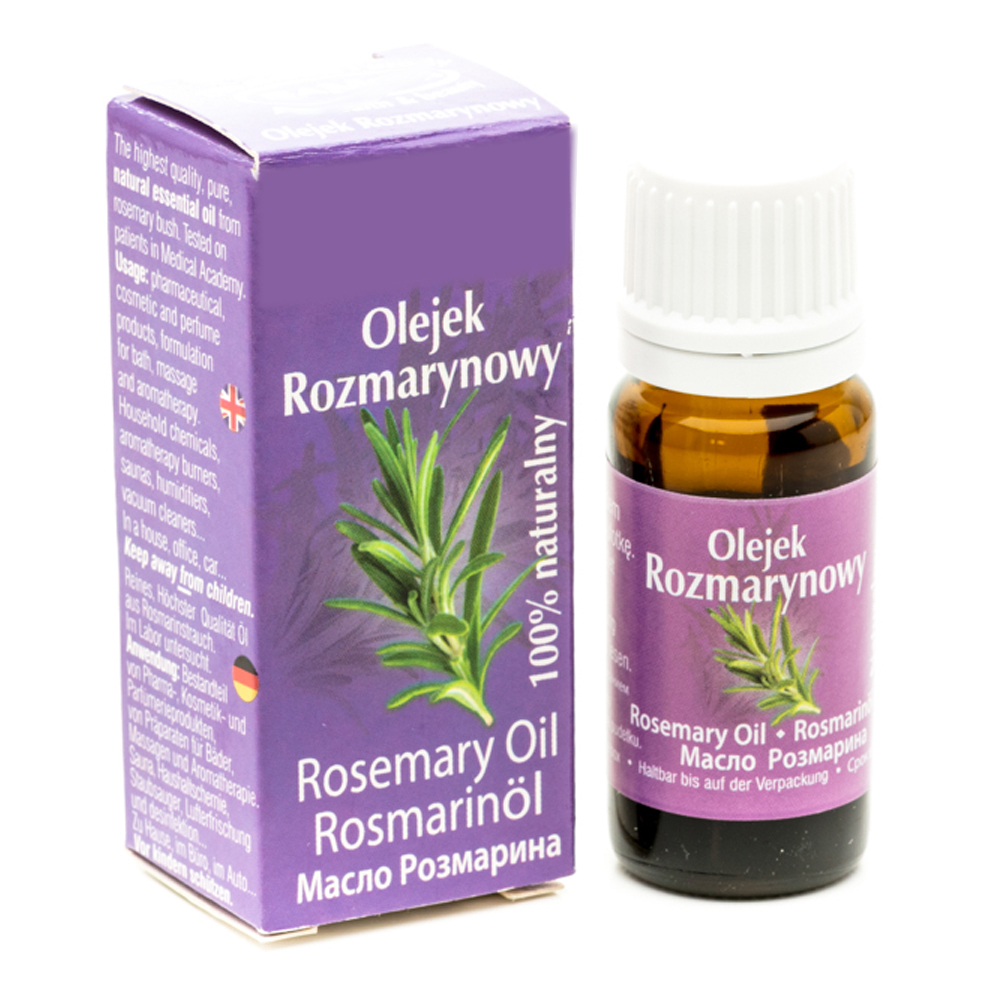 |
Rosemary Essential Oil: This essential oil eases respiratory issues by helping to eliminate congestion in lungs. Rosemary oil contains a compound called cineole, which helps it to break down mucus and also to reduce inflammation and pain. This essential oil has become extremely popular recently as it also boosts mental activity, which is exactly what you need when you’re feeling under the weather while suffering with hay fever! |
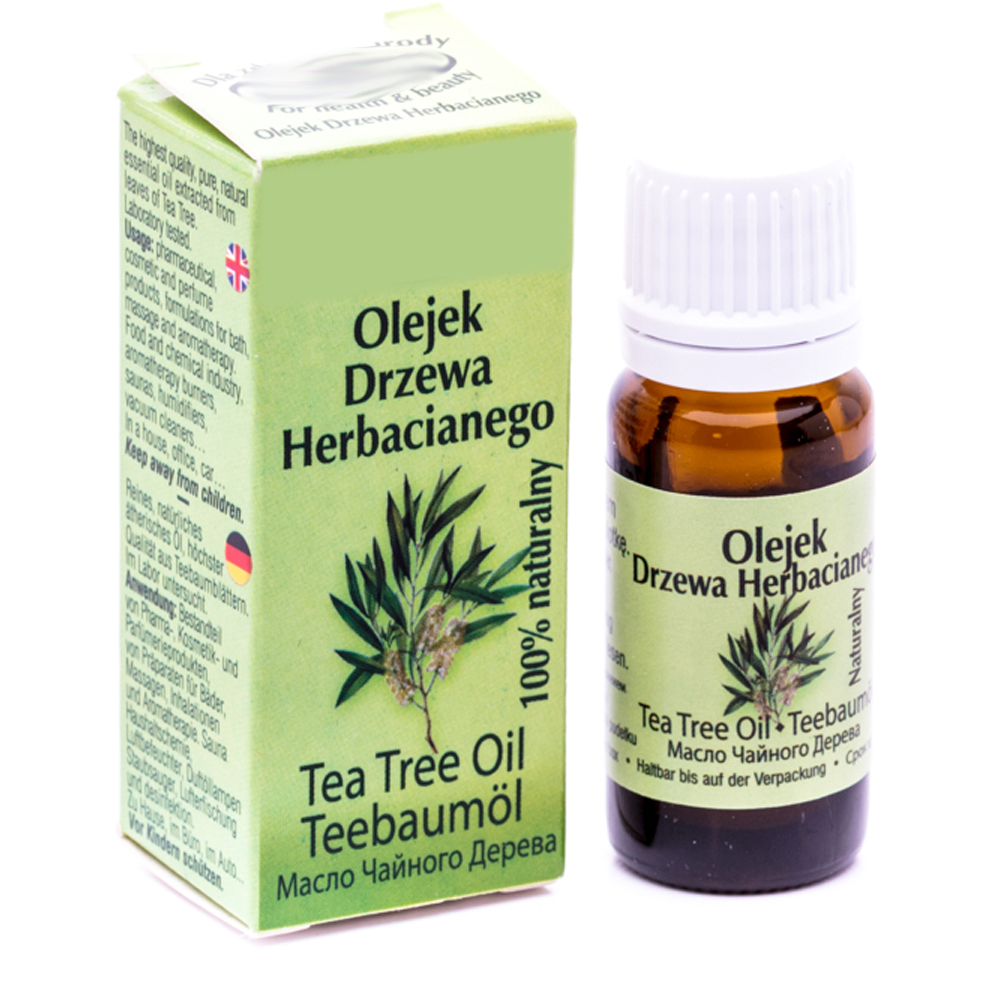 |
Tea Tree Essential Oil: This essential oil helps to relax the nasal muscles, which will clear out mucus and allergens, like pollen. Tea Tree oil also has anti-bacterial properties which helps destroy bacteria, fungal and mold particles in the air, which will in turn reduce your allergy symptoms. Tea Tree oil is also a known anti-septic so when diluted it can be a very effective remedy for skin allergies, too. |
Lemon and Rosemary essential oils are stimulants which help boost alertness and energy (Rosemary essential oil also boosts concentration), therefore should be used only during the day. Lavender, Eucalyptus and Tea Tree essential oils are suitable for use throughout the day and night.



